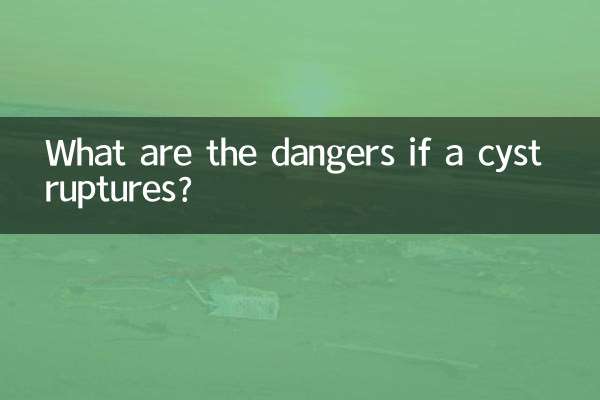What is bronchiolitis
Bronchiolitis is a common respiratory disease that mainly affects infants and children. Recently, with seasonal changes and high influenza season, bronchiolitis has become a hot topic again. This article will give you a detailed introduction to the definition, symptoms, causes, treatment and preventive measures of bronchiolitis, and combine it with the hot content on the Internet in the past 10 days to help you better understand this disease.
1. Definition of bronchiolitis

Bronchiolitis is inflammation of the bronchioles (the smallest branches in the respiratory tract), usually caused by a viral infection. This disease is more common in infants and young children under 2 years old, especially those under 6 months old. Symptoms of bronchiolitis are similar to those of the common cold, but may progress to severe breathing difficulties requiring prompt medical attention.
2. Symptoms of bronchiolitis
Typical symptoms of bronchiolitis include:
| symptom | describe |
|---|---|
| cough | It starts as a dry cough and gradually develops into a cough with phlegm. |
| respite | High-pitched whistling sound when breathing |
| Shortness of breath | Increased respiratory rate, possibly with a sunken chest |
| fever | Temperature may be slightly elevated, but fever is usually not high |
| decreased appetite | Difficulty eating due to difficulty breathing |
3. Causes of bronchiolitis
Bronchiolitis is mainly caused by viral infection. The most common pathogens include:
| Virus type | Proportion |
|---|---|
| respiratory syncytial virus (RSV) | about 70% |
| Rhinovirus | about 15% |
| influenza virus | about 10% |
| other viruses | about 5% |
In addition, the following factors may increase your risk:
- Premature or low birth weight babies
- Immunocompromised
- Exposure to secondhand smoke
- Crowded living conditions
4. Treatment of bronchiolitis
There is currently no specific drug to treat bronchiolitis, and treatment is mainly based on supportive care:
| Treatment measures | illustrate |
|---|---|
| stay hydrated | Feed small amounts of water or breast milk frequently to prevent dehydration |
| oxygen therapy | Severe cases may require hospitalization and oxygen supplementation |
| aerosol inhalation | Use saline or bronchodilators to relieve symptoms |
| antipyretics | Such as acetaminophen to control fever |
5. Prevention of bronchiolitis
Key measures to prevent bronchiolitis include:
- Wash your hands frequently, especially before touching infants and young children
- Avoid contact with people with respiratory infections
- Breastfeed for at least 6 months to enhance baby's immunity
- Maintain indoor air circulation
- Avoid exposure to secondhand smoke
6. Recent hot topics
According to the analysis of search data on the entire Internet in the past 10 days, the attention to bronchiolitis has increased significantly, mainly related to the following hot spots:
| hot topics | Attention |
|---|---|
| Bronchiolitis is more common in winter | ★★★★★ |
| RSV vaccine development progress | ★★★★ |
| The relationship between bronchiolitis and asthma | ★★★ |
| Home Care Guide | ★★★ |
It is particularly noteworthy that the development progress of respiratory syncytial virus (RSV) vaccine has become a hot topic in the medical community recently. Several pharmaceutical companies have reported positive results from clinical trials of RSV vaccines in infants and young children, which may significantly reduce the incidence of bronchiolitis in the future.
7. When Do You Need Medical Treatment?
You should seek medical attention immediately if:
- Respiratory rate exceeds 60 breaths/minute
- Obvious thoracic depression appears
- Purple lips or nails
- Refusal to eat or drink
- Abnormal mental status (drowsiness or irritability)
Although bronchiolitis is common, severe cases can lead to complications such as respiratory failure. Parents should closely observe changes in children's symptoms and seek professional medical help in a timely manner.
Through the above presentation of structured data, I believe you have a more comprehensive understanding of bronchiolitis. During the high incidence season in winter, it is particularly important to take preventive measures. If you find relevant symptoms, please seek medical treatment promptly to avoid delaying treatment.

check the details

check the details